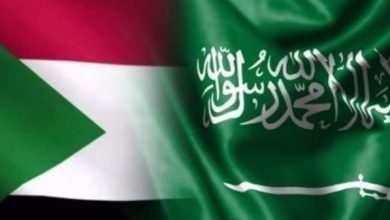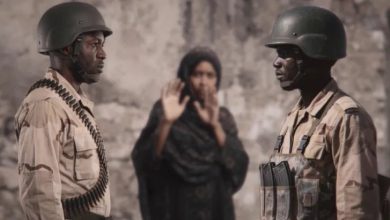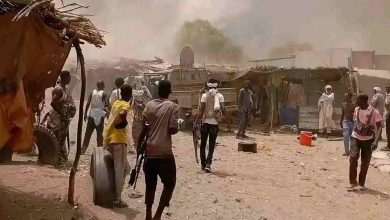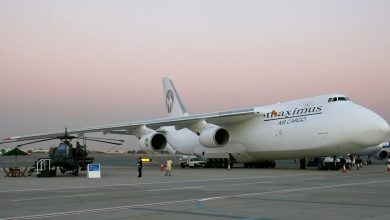The “Forgotten” War in Sudan and Its External Sponsors
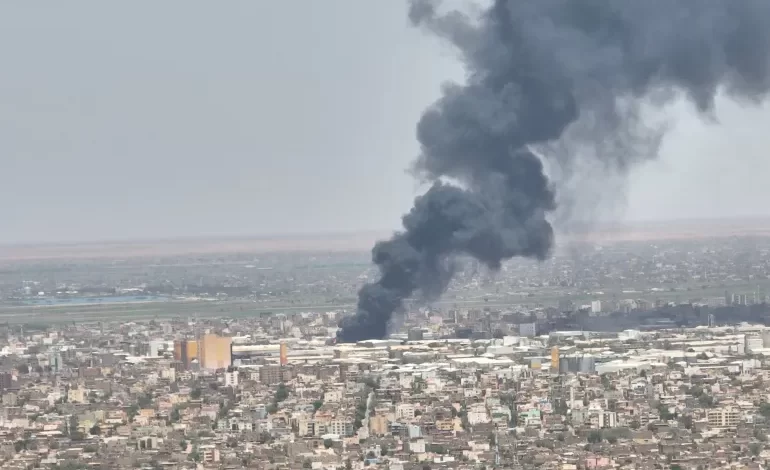
Agencies – Sudan Events
There are recent developments in one of the many “forgotten conflicts” in Sudan between the Regular Armed Forces (SAF) led by General Abdel-Fattah Burhan and the Rapid Support Forces (RSF) under the command of Mohamed Hamdan Daglo, known as Hemeti: While peace talks are being held in Jeddah mediated by Saudi Arabia and the USA, the RSF have announced new territorial conquests against the regular army. In particular, paramilitary militiamen claim to have taken control of Nyala, a key capital of Darfur, the western region of Sudan, which is the RSF’s recruiting base. In fact, this formation was formed in 2013 based on the notorious Janjaweed mounted militias, which bloodily suppressed the uprising of the residents of this region.
The institutionalization of this militia was due to the desire of the then Sudanese President Omar al Bashir, out of fear of a military coup, to create a counterweight to the other security forces and in particular to the SAF and to have his own “guard” that could be used to suppress uprisings in the country.
It was the SAF and the RSF together that deposed Bashir in 2019 in the wake of popular protests that had raised strong hopes among the population for democratic reforms in the country. A civilian-military government was formed, but it was overthrown in a military coup in 2021, in which the SAF and RSF once again joined forces. This alliance collapsed on April 15 this year, when hostilities between the two military formations began following the RSF’s failed coup to seize power in Khartoum.
After months of fighting, the RSF control some areas in Khartoum, but not any military bases that are in the hands of the SAF. The latter control Omdurman, the “twin city” of Khartoum. Darfur is almost entirely in the hands of the RSF. The control of Kordofan, a state halfway between Darfur and the capital Khartoum, is hotly contested.
The precarious situation in Khartoum for the SAF is said to have prompted General Burhan to consider moving his government to Port Sudan in the east of the country. This signals a possible partition of Sudan, with the areas west of the Nile in the hands of the (RSF), which receives supplies through Chad (whose leadership has a clan affiliated with the Hemeti) from the United Arab Emirates and from the Libyan general Haftar. General Buran’s SAF receives support from Egypt (which intends to use Sudan to put pressure on Ethiopia in the Nile dam dispute), from Turkey (which intends to build a naval base in Port Sudan) and from Saudi Arabia also presented as an intermediary. There is also a Russian-Ukrainian aspect to the Sudanese conflict. The Russians of the private Wagner Group are on the side of the SAF and supply mercenaries recruited in the Central African Republic, while, according to some sources, specialists from the Ukrainian military intelligence service (GUR) support the RSF with “kamikaze drones”.
In all of this, civilians are as always the ones who pay the price. It is estimated that around six million people are forced to leave their homeland as internally displaced people and flee to neighbouring countries as refugees. The UN figure of 9,000 deaths since April 15 appears to be significantly lower than the actual number of casualties, particularly in view of the massacres of civilians carried out by the RSF in Darfur.
